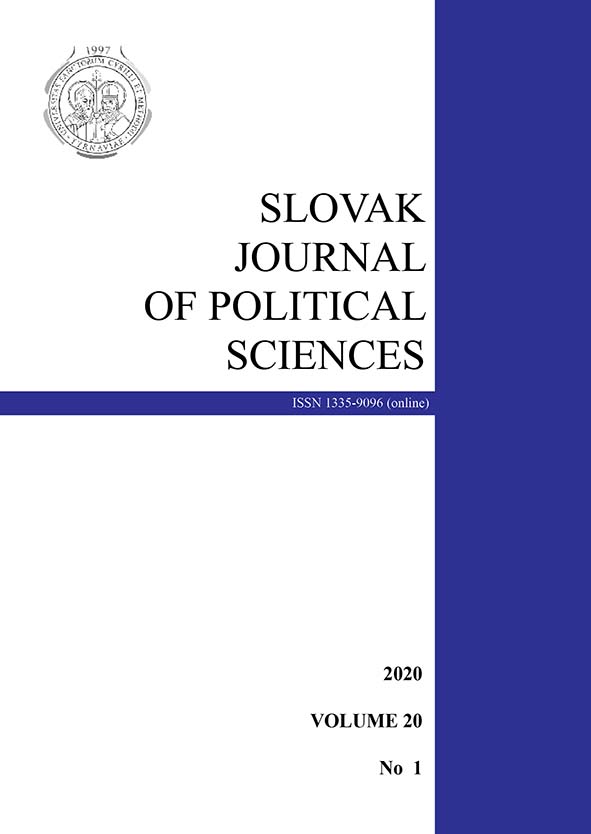Transformation of the Europe’s Concept in WWII Speeches by Russian Presidents (2004-2019)
Transformation of the Europe’s Concept in WWII Speeches by Russian Presidents (2004-2019)
Author(s): Nataliia SteblynaSubject(s): Governance, Political history, Politics and communication, Transformation Period (1990 - 2010), Historical revisionism, Fascism, Nazism and WW II
Published by: Univerzita sv. Cyrila a Metoda v Trnave, Katedra politológie
Keywords: Political communication; Political speeches; Europe; Russia; WWII;
Summary/Abstract: Historically, the Europe’s concept in Russian state discourse has been constantly transforming, due to current events. Nowadays, the concept’s understanding can’t be described without WWII topic – obviously a crucial point in the modern Russian ideology. To explore the image of Europe in this discourse, the speeches of the Russian presidents given on the 9th of May from 2000 to 2019 were content analyzed. The transformations of Europe in the Russian state discourse about WWII as were as Europe’s roles in the WWII were defined. Up to 2009 the differentiation between the post-Soviet countries and “far abroad” Europe was constantly used. After the Russo-Georgian war, and mostly after the annexation of Crimea and the war in Donbas, the construction of a bipolar world started. Russian isolation can be observed in 2010- 2019. Europe’s roles have been changing. In early Putin’s speeches (2000-2003) this topic seems not to be significant. Before 2008 Europe was described as both active and passive in the war. Afterwards “passiveness” prevailed. Thus, in the Russian state discourse, after 2008 the WWII was used to show the opposition between active/ strong Russia and passive/weak Europe, which provide threats to peace on the planet.
Journal: Slovenská politologická revue
- Issue Year: 20/2020
- Issue No: 1
- Page Range: 121-137
- Page Count: 17
- Language: English

